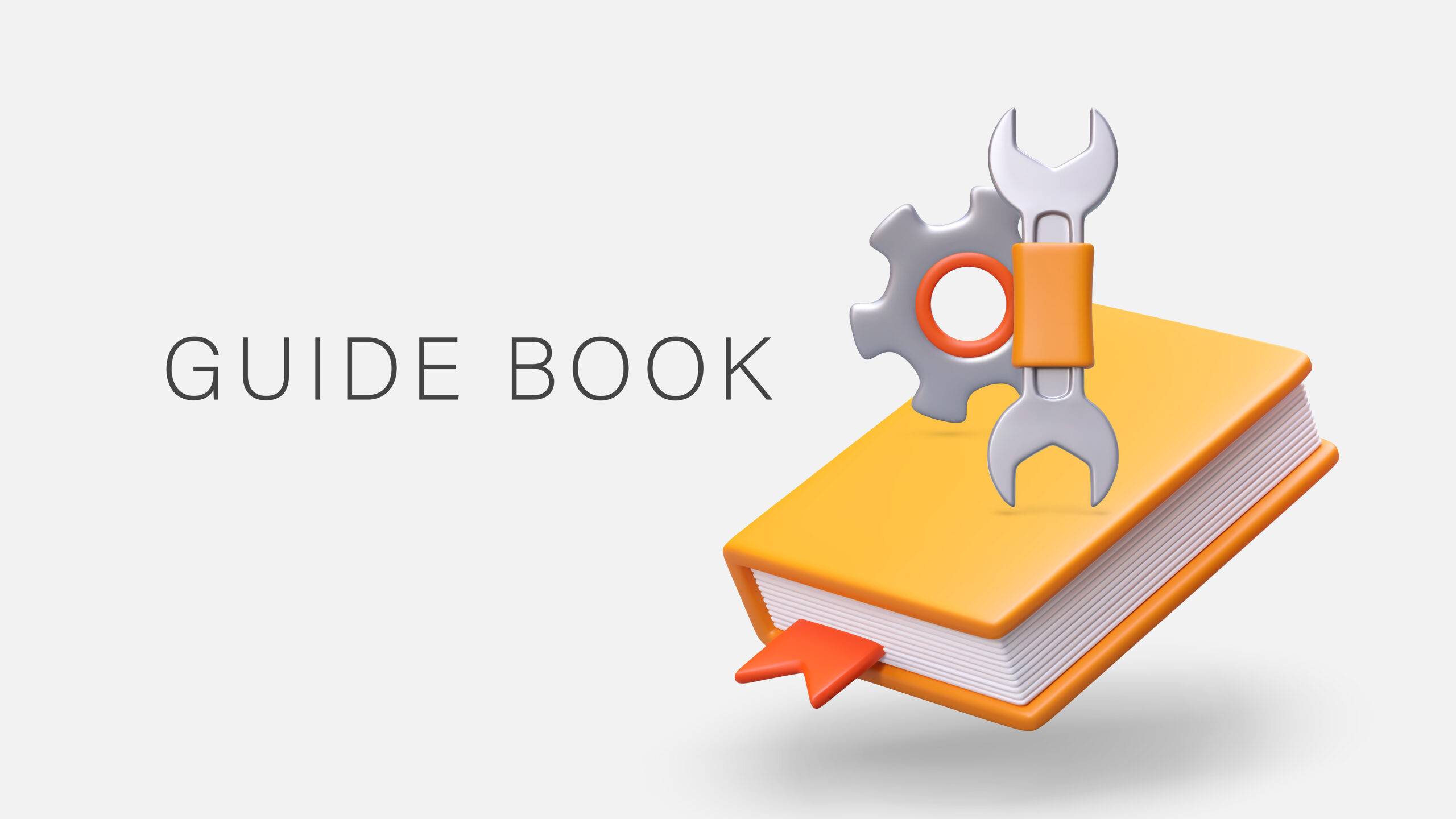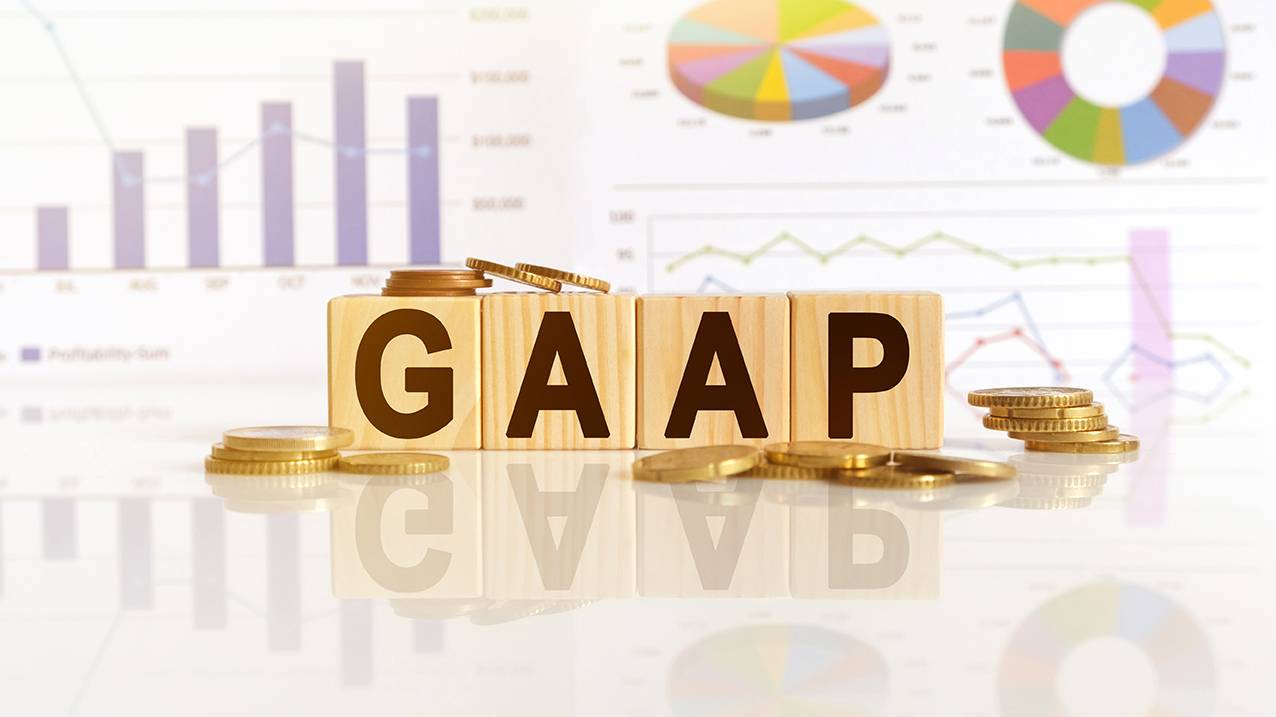Self-Study
The Interpretation of Financial Statements
Develop strategies for uncovering critical insights and operational issues within balance sheets, income statements, and more.

$308.00 – $348.00
Webcasts are available for viewing Monday – Saturday, 8am – 8pm ET.
Without FlexCast, you must start with enough time to finish. (1 Hr/Credit)
Please fill out the form below and we will reach out as soon as possible.
CPE Credits
11 Credits: Accounting
Course Level
Overview
Format
Self-Study
Course Description
Financial statements are the backbone of business information, yet their high-level nature often masks critical details, leading to obscured insights. The Interpretation of Financial Statements course addresses this challenge head-on, providing you with the tools to dissect these documents for a clearer understanding. This financial reporting CPE course is specifically designed for tax, accounting, and finance professionals, covering in-depth analysis of the balance sheet, income statement, and cash flows. You’ll learn how to interpret various line items in financial statements, apply analysis tools effectively, and uncover operational and financial issues impacting these statements. By understanding the nuances behind the numbers, such as different cash levels and designations, depreciation methods, inventory turnover, and more, you’ll be able to provide more insightful advice and make better financial decisions. This CPA accounting CPE course is your key to unlocking the hidden stories within financial statements, enhancing your value to clients and your organization.
Learning Objectives
Upon successful completion of this course, participants will be able to:
Chapter 1
- Identify how the accrual basis of accounting concept functions.
- Identify how the accounting equation concept works.
Chapter 2
- Cite the business situations indicated by different cash levels and cash designations.
Chapter 3
- Cite the uses of the contribution margin and days sales outstanding measurements, as well as the situations in which they can be misleading.
Chapter 4
- Cite the industry situations in which an investment in inventory is considered to be critical.
- Identify the reasons for different inventory turnover levels.
Chapter 5
- Cite the calculations used for the different depreciation methods.
- Identify the effects on profitability of the various depreciation rules.
Chapter 6
- State the contents of the prepaid expenses line item.
- Cite the situations that can change the balance of the prepaid expenses line item.
- Identify the circumstances under which goodwill is considered to be impaired.
Chapter 7
- Identify the business conditions that can alter the balances in the current liabilities line items.
Chapter 8
- Identify the circumstances causing a change in debt classification.
- Identify the situations in which the debt level can be considered minor.
Chapter 9
- Cite the effects of debt-to-equity conversions on measurements.
- Identify the contents of the book value and tangible book value measurements.
Chapter 10
- Identify the situations that cause reliable sales.
- Identify the types of investors attracted to rapid sales growth.
Chapter 11
- Identify the contents of the cost of goods sold.
- Cite the methods used to improve the gross margin percentage.
Chapter 12
- Define the contents of operating expenses.
- Identify the business situations that can cause these line items to change.
Chapter 13
- Identify the situations in which net operating losses may be generated.
- Name the techniques used to improve the net profit margin and earnings per share.
Chapter 14
- Cite the contents of the different classifications within the statement of cash flows.
Chapter 15
- Identify the types of audit examinations, the uses to which the margin of safety can be put, and the contents of the dividend analysis formulas.
Chapter 16
- Cite the required contents of the different sections of the Form 10-K.
Course Specifics
SS1153417
February 23, 2024
There are no prerequisites.
None
229
Compliance Information
CMA Notice: Western CPE makes every attempt to maintain our CMA CPE library, to ensure a course meets your continuing education requirements please visit Insitute of Management Accountants (IMA)
CFP Notice: Not all courses that qualify for CFP® credit are registered by Western CPE. If a course does not have a CFP registration number in the compliance section, the continuing education will need to be individually reported with the CFP Board. For more information on the reporting process, required documentation, processing fee, etc., contact the CFP Board. CFP Professionals must take each course in it’s entirety, the CFP Board DOES NOT accept partial credits for courses.
Meet The Experts

Steven M. Bragg, CPA, is a full-time book and course author who has written more than 300 business books and courses. He provides Western CPE with self-study courses in the areas of accounting and finance, with an emphasis on the practical application of accounting standards and management techniques. A sampling of his courses include the The New Controller Guidebook, The GAAP Guidebook, Accountants’ Guidebook, and Closing the Books: An Accountant’s Guide. He also manages the Accounting Best Practices podcast. Steven has been the CFO or controller of both public and private companies and has been a consulting manager with Ernst & Young and …
Related Courses
-
 Accounting
Accounting
Accountants’ Guidebook
Steven M. Bragg, CPA QAS Self-Study
Credits: 30 $600.00
QAS Self-Study
Credits: 30 $600.00$600.00 – $640.00
-
 Accounting
Accounting
Accounting Fraud: Recent Cases
Joseph Helstrom, CPA QAS Self-Study
Credits: 1 $29.00
QAS Self-Study
Credits: 1 $29.00$29.00 – $49.00
-
 Accounting
Accounting
GAAP Guidebook
Steven M. Bragg, CPA QAS Self-Study
Credits: 29 $580.00
QAS Self-Study
Credits: 29 $580.00$580.00 – $620.00
